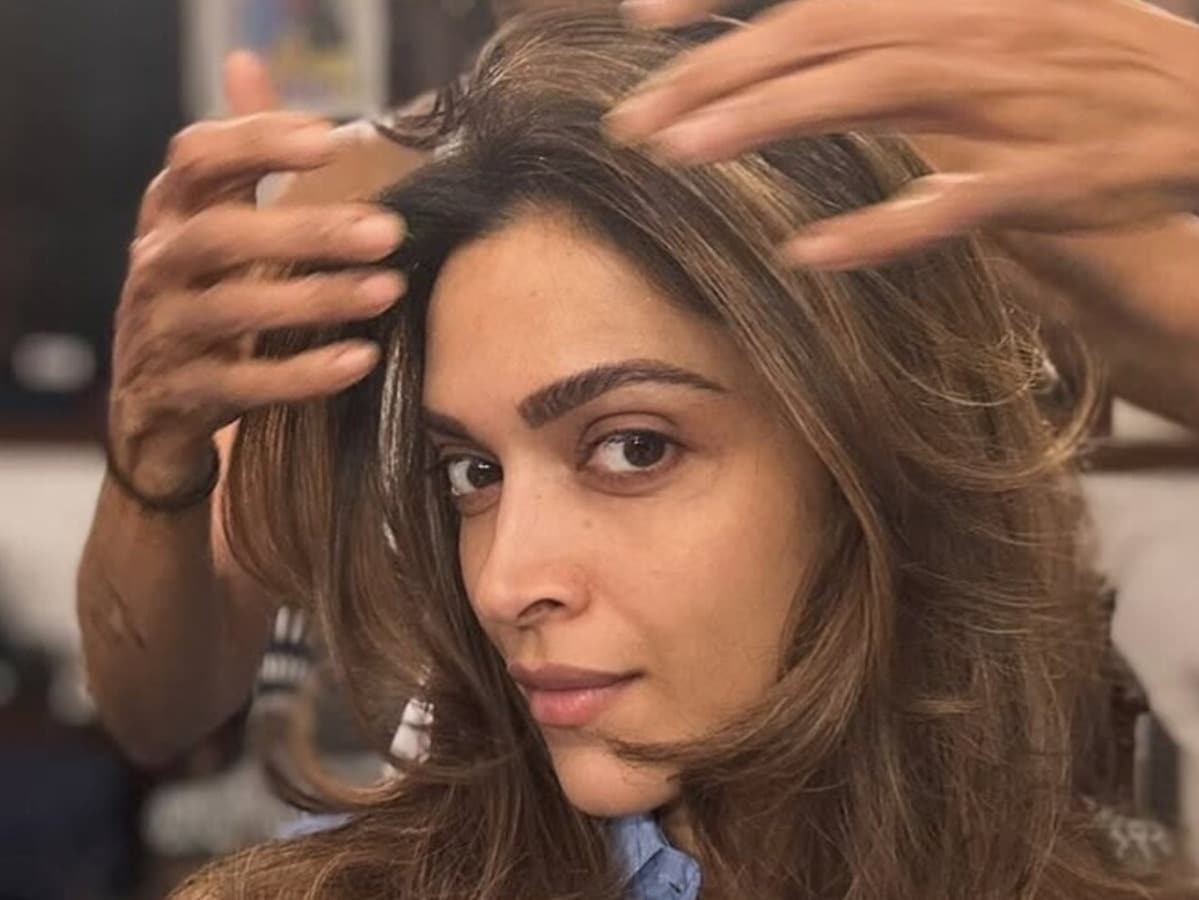Filmmaker Nikhil Advani recently shared an interesting and discussion-worthy thing related to the division of roles between hair and makeup artists. During a panel discussion, he explained why the film industry generally employs women for hairstyling (Hair Didi) and men for makeup (Makeup Dada).
Revealed in panel discussion
The incident is related to Amazon Prime’s ‘O Womaniya Roundtable’, which was attended by many film personalities including Richa Chadha, Ananya Panday, and Anupama Chopra. The panel discussed the inequality in work opportunities between women and men and their experiences in the industry.
During this, Nikhil Advani explained why the Film Union has made a clear division in the appointment of hair and makeup artists. He said, “Women are kept for hair because it is believed that touching women’s hair by men can cause unwanted excitement. “On the other hand, men are given preference in makeup because they are considered more experienced.”
Hair didi and makeup grandfather’s tradition
Nikhil shared the reasoning behind the union’s rules, saying, “There are ‘didis’ for hair because female artistes may feel uncomfortable or sexually aroused by men touching their hair. “There are ‘grandfathers’ to makeup because the process usually involves touching up areas like the face and back, which men are more comfortable with.”
On this Richa Chadha jokingly asked, “How do you know this?” To this Nikhil replied, “If a woman touches your hair, you will not get aroused. It’s a simple logic.”
New opportunities for women
During the discussion in the panel, it was also revealed that apart from hair, make-up and wardrobe, women are also getting more work opportunities in other technical and production related areas. However, it was also acknowledged that gender-based biases still exist in the industry.
What does this argument say?
Nikhil Advani’s statement gives a glimpse of the traditions and rules of the industry. This argument may be based on age-old union policies, but it raises questions about the inequality and division of work between men and women in today’s time.
discussion and controversy
This statement of Nikhil Advani has become a topic of discussion on social media. Some people consider it to be the old thinking of the industry, while others relate it to actual experience and work environment.
 look news india
look news india



